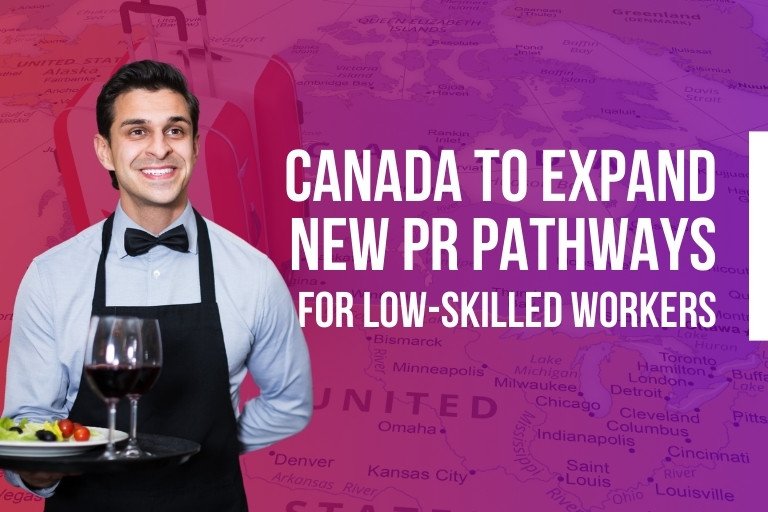

More in Education
-


Education
University of Manitoba Graduate Fellowships
Study in Canada: University of Manitoba Graduate Fellowships University of Manitoba Masters/PhD Degree Deadline: varies (annual)...
-


Education
Earn Your Criminal Justice Degree in Record Time with These Fast-Track Online Programs
Are you passionate about upholding justice and maintaining law and order in society? Do you dream...
-


Education
International Students: What To Do Before You Arrive In Canada
International students coming to study in Canada no longer need to go through the lengthy but...
-


Education
Fast Track Your Education: The Best Options for International Students Pursuing a Criminal Justice Degree Online in Canada
Fast Track Your Education: For international students looking to pursue a criminal justice degree online in...
-


Education
Apply now: Gates Cambridge Scholarships for International Students
Gates Cambridge Scholarships for International Students Gates Cambridge Trust Masters/PhD Degree Deadline: 16 Oct/3 Dec 2024/7...

